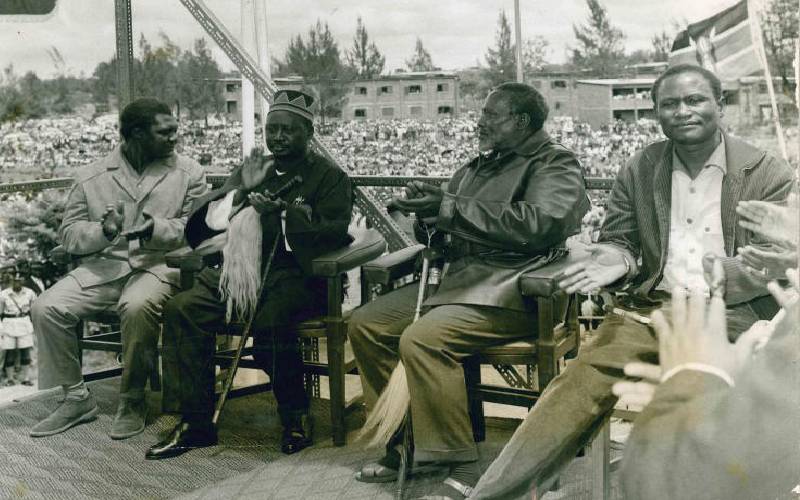×
The Standard e-Paper
Home To Bold Columnists

I once sat sipping a quiet cup of tea at a cafeteria in the city of Basel in Switzerland, staring at the marvel that is the Rhine. It was August 1998, almost 20 years to the day since the passing on of President Jomo Kenyatta.
An elderly White man of about 70 sidled into a seat at the table next to me. He kept eyeing me genially, attempting to strike a conversation. Language, however, became an instant barrier. He spoke German, while English and a smattering of French was all I could boast of.